Melden Sie sich bei getAbstract an, um die Zusammenfassung zu erhalten.

Melden Sie sich bei getAbstract an, um die Zusammenfassung zu erhalten.
Jessamy Hibberd
The Imposter Cure
How to stop feeling like a fraud and escape the mind-trap of imposter syndrome
Hachette Book Group UK, 2019
Was ist drin?
Imposter syndrome stirs fearful self-doubt that leads you to avoiding challenges or overworking.
Recommendation
Self-doubt propels imposter syndrome. People who fear they are imposters discount their achievements as mere luck or good timing. These negative self-beliefs prove hard to dismiss because they stem from the brain’s amygdala’s inability to distinguish actual threats from unfounded fears. To overcome imposter syndrome, it is important to challenge your dysfunctional coping strategies: overworking and avoiding challenges. Clinical psychologist Dr. Jessamy Hibberd explains that you can beat imposter syndrome by taking steps to become more confident. She provides sound, practical advice on how to free yourself from feeling like you’re a fraud.
Summary
About the Author
Dr. Jessamy Hibberd is a Chartered Clinical Psychologist, author and commentator. Her other books include How to Overcome Trauma and Find Yourself Again and This Book Will Make You Happy.










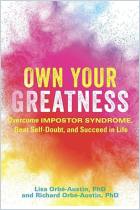
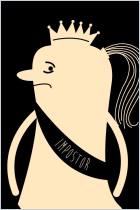
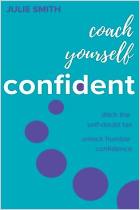
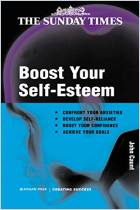
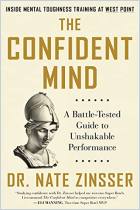




Comment on this summary